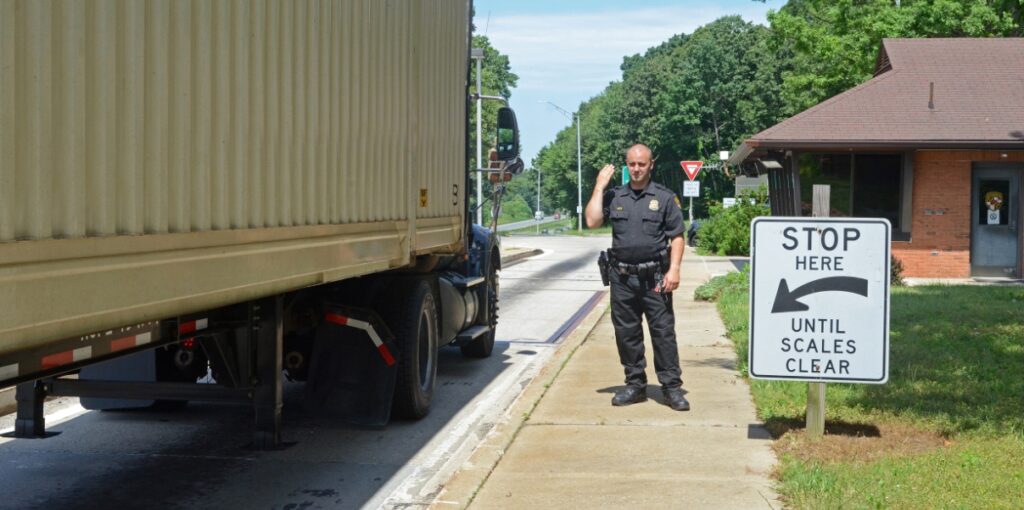After relying on a series of short-term extensions to fund our nation’s highways, the House and Senate have passed a 5-year, $305 billion highway funding bill. Today it is on its way to the president to sign. In addition to providing a stable source of funding for transportation projects, the Fixing America’s Surface Transportation (FAST) Act contains a number of new regulations. Here are elements of the bill that will interest brokers.
National Carrier Hiring Standard stripped from final bill
One regulation that did NOT make it into the final highway bill was the National Carrier Hiring Standard. Even though the hiring standard was included in both the House-passed and Senate-passed bills, the standard was removed when a committee from the two chambers met to reconcile their two versions.
“Unfortunately, at the eleventh-and-a-half hour, the National Hiring Standard was completely stripped out,” said the Transportation Intermediaries Association (TIA) in an email to its members. TIA explained that in order for the necessary bipartisan majority to move the bill forward, several controversial provisions were removed.
TIA has been working with legislators on this issue for more than three years and said that it will “continue the fight to bring sanity to carrier selection.”
CSA scores to be removed from public view
Although the hiring standard did not survive, the FAST Act calls for the removal of certain CSA scores and data from public view until a report is completed and recommendations are made for improvement. For years, trucking industry groups have argued that FMCSA’s Compliance, Safety, and Accountability scores don’t accurately reflect a carrier’s accident risk.
Here’s what will be removed from public view:
- Violations and crashes that were determined not to be the carrier’s fault
- Scoring and analysis
- Alerts
- Relative percentiles for each BASIC score
Data that WILL NOT be removed includes out-of-service rates and all inspection and violation information submitted to FMCSA by law enforcement and inspectors.
The Highway Bill calls for removal of scoring in the FMCSA’s 7 Behavioral Analysis and Safety Improvement Categories.
Rules that could have affected capacity
There were a number of proposed changes that did not make it into the final bill—many of which could have increased or decreased capacity, including:
- No trailer size increases – The final bill does not include any rules forcing states to allow double 33-foot trailers. Currently, federal laws permit 28-foot double trailers but only 11 states allow double 33-foot trailers.
- No drivers under 21 – Proposals to allow CDL drivers between the age of 18 and 21 to cross state lines did not survive in the final bill. However, the bill instructs the FMCSA to further study the issue.
- No carrier insurance increases – The bill does not require any immediate increases in liability insurance for carriers. Instead, it tells the FMCSA to conduct further study, which will delay the issue for now. This was concern because a significant increase in the cost of insurance could hurt small carriers and could even push many of them out of business. See our blog post 5 Ways a New Carrier Insurance Law Could Affect Brokers.


